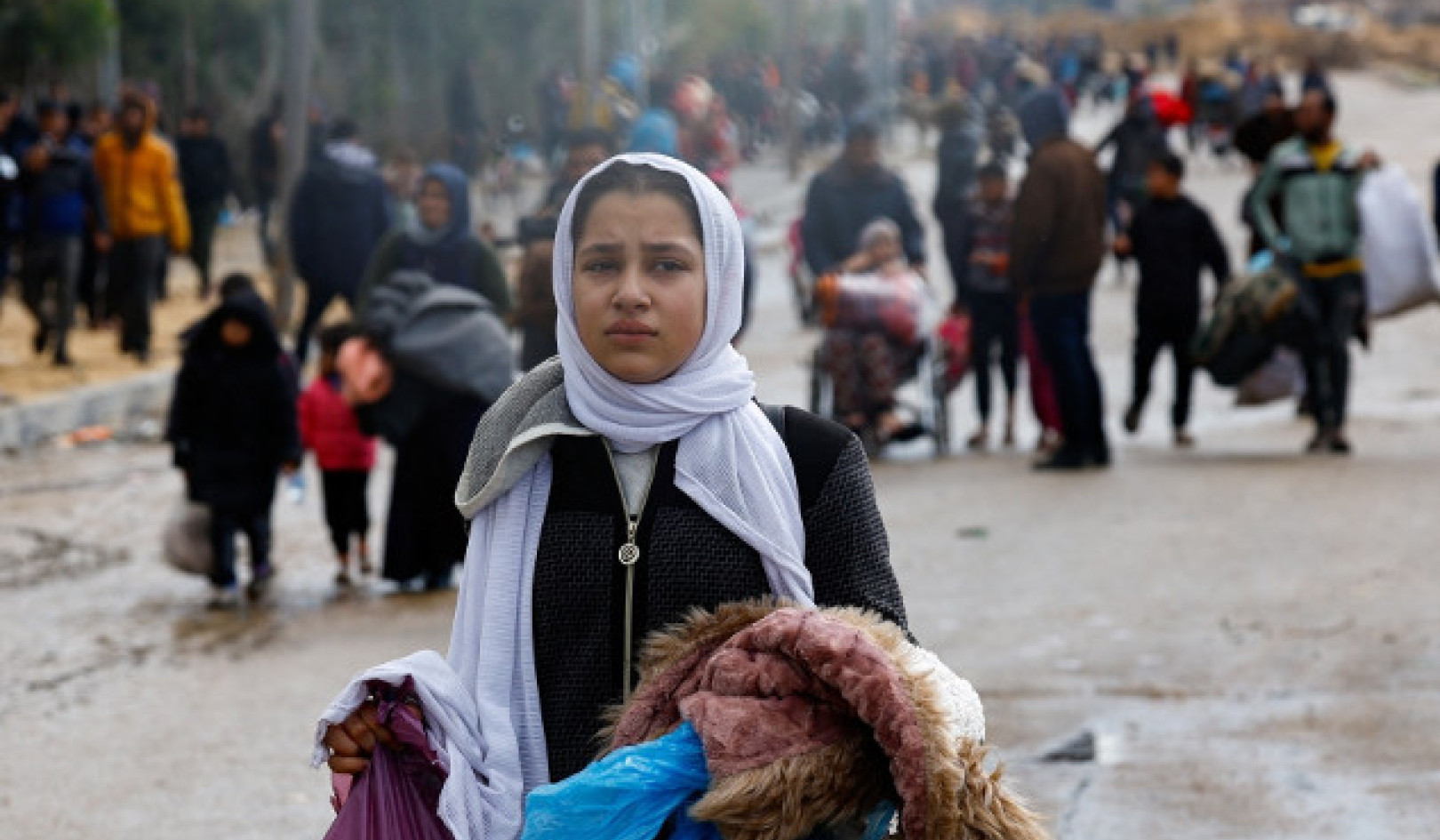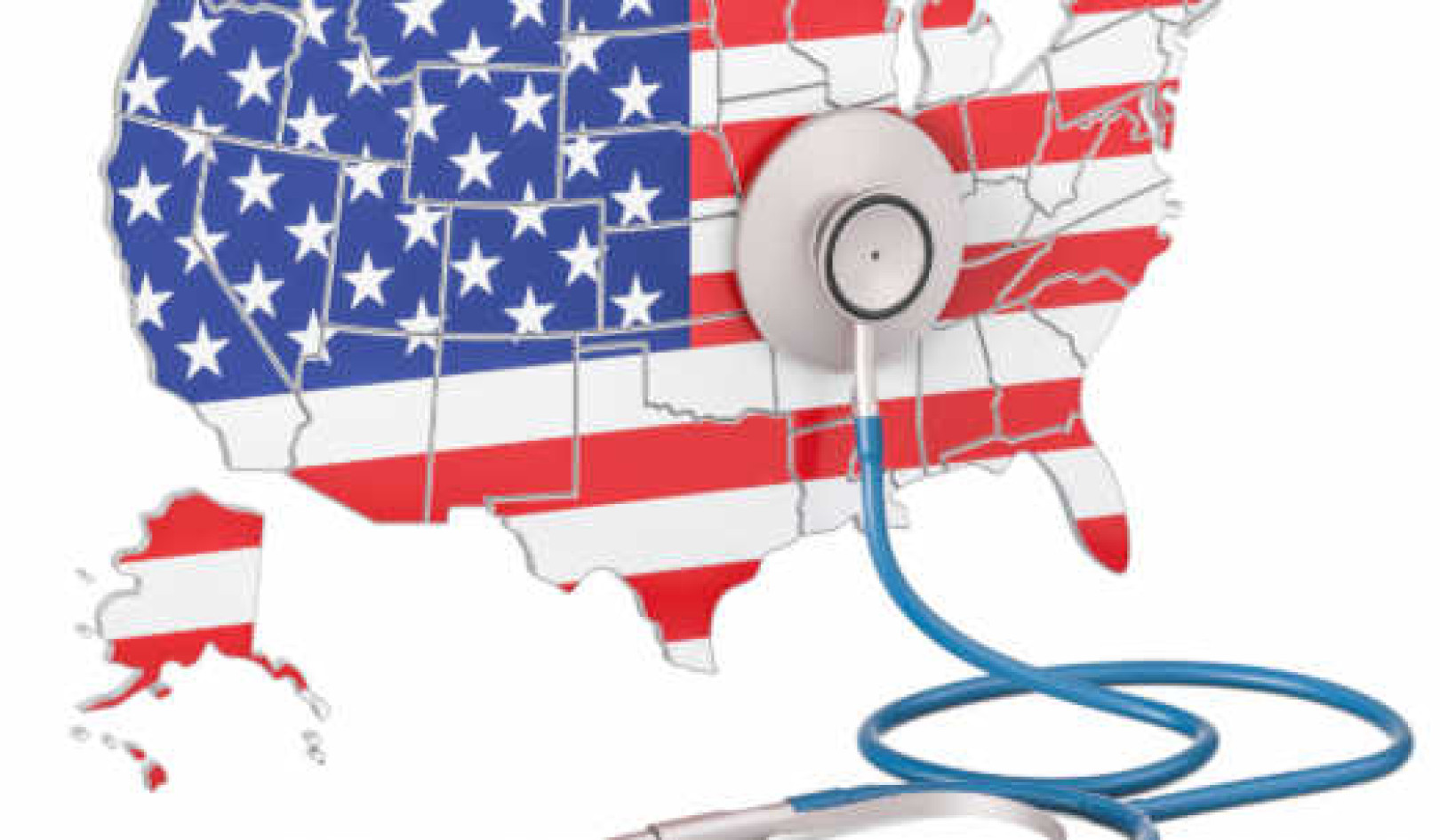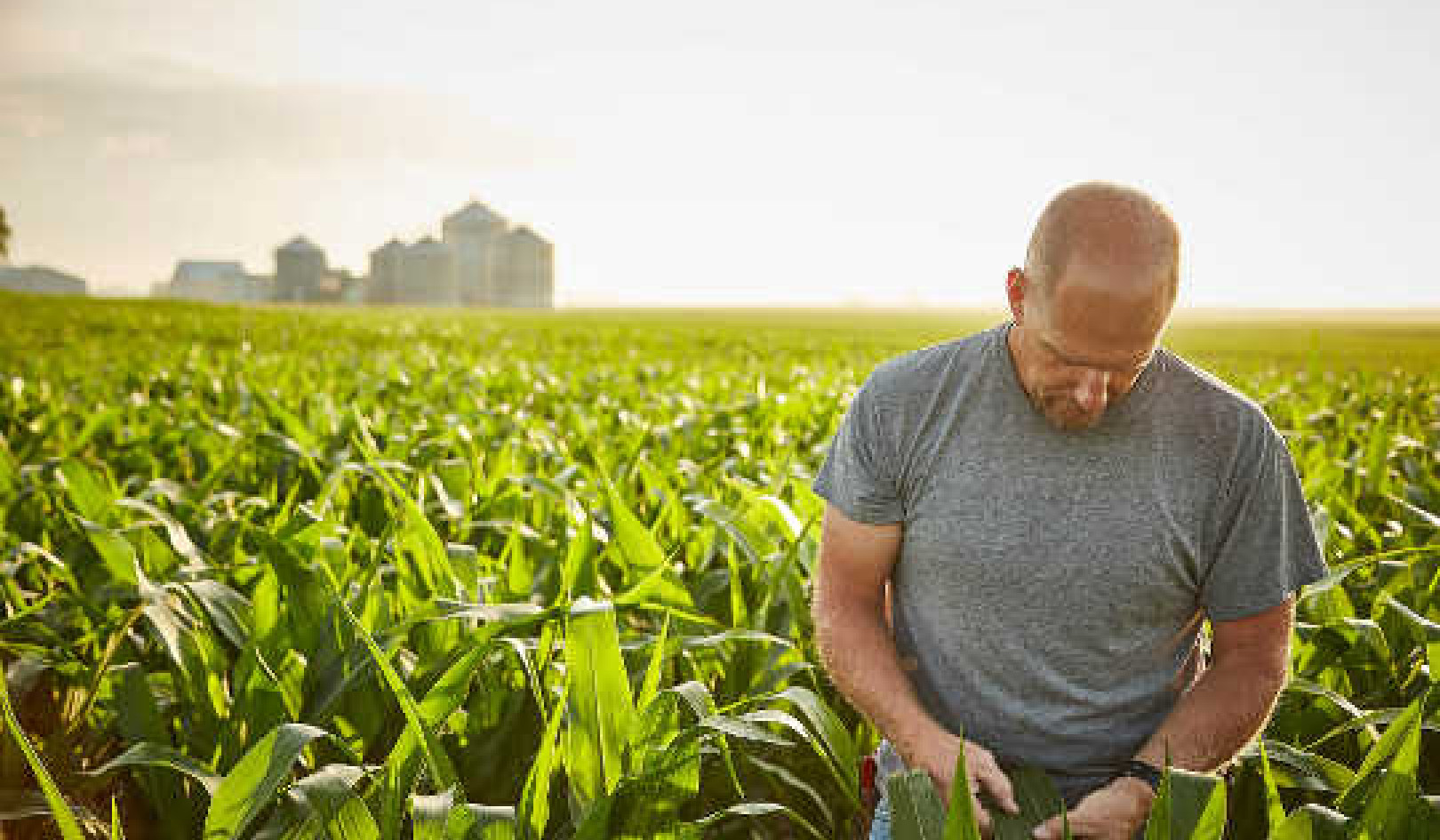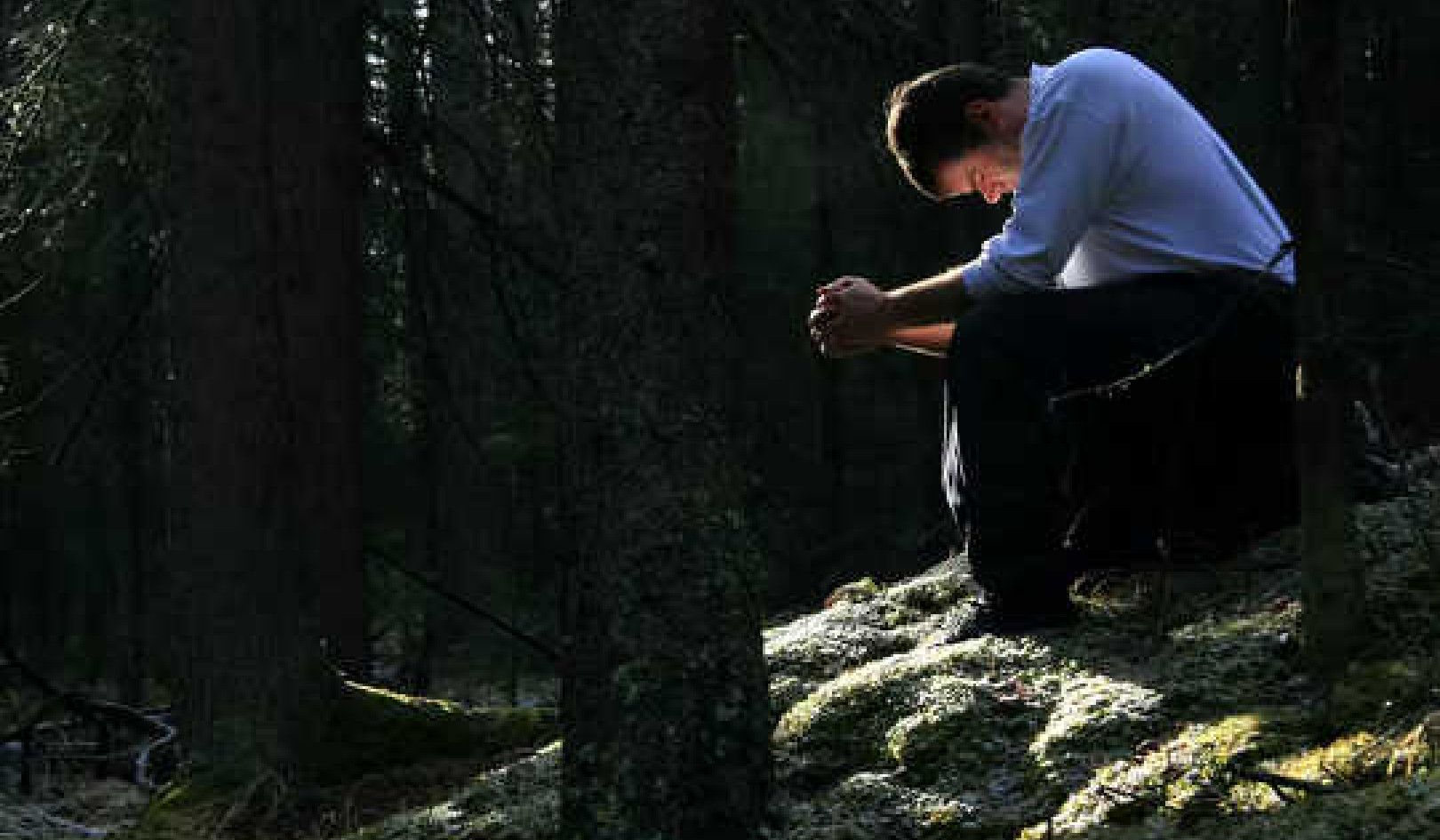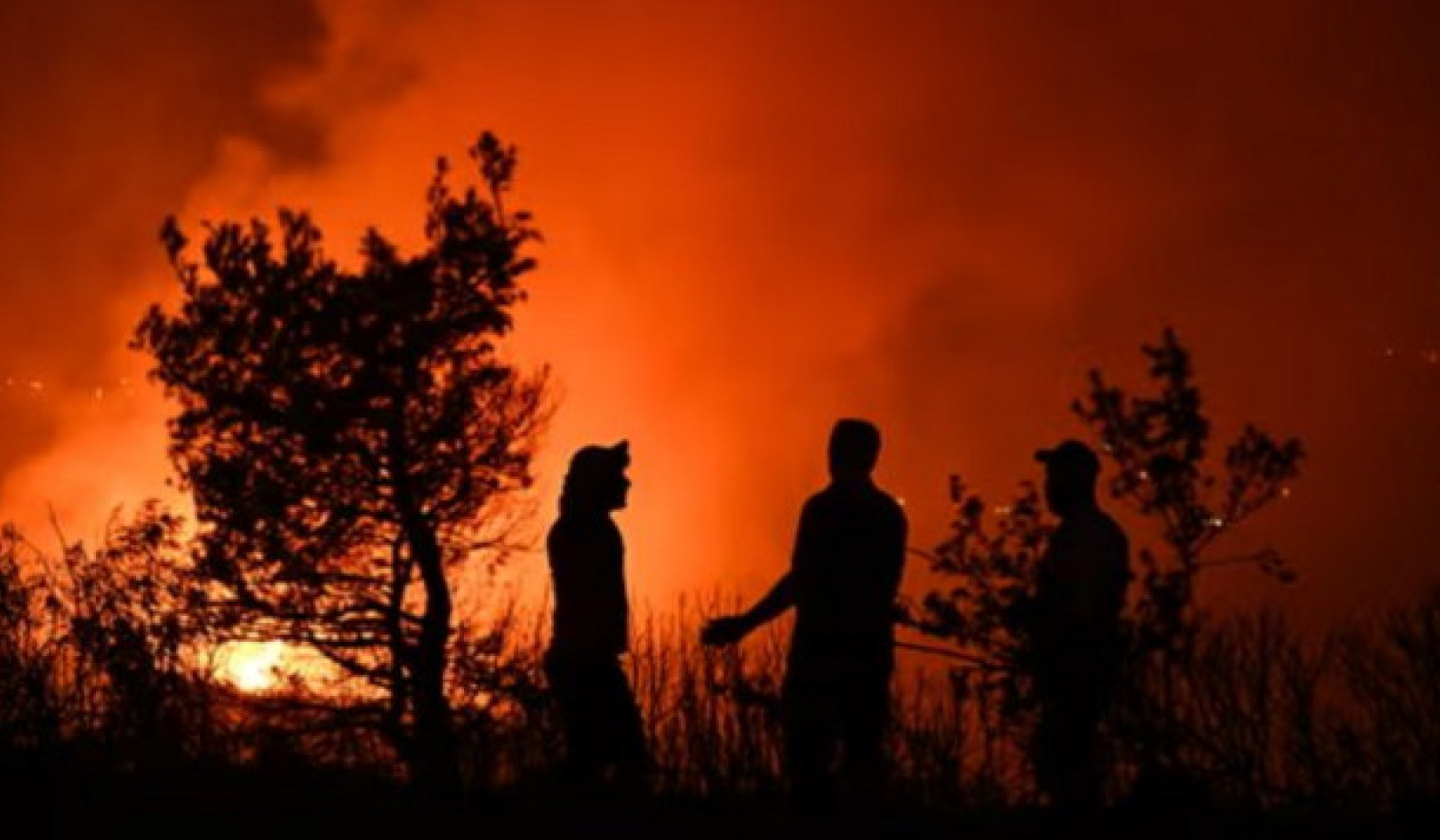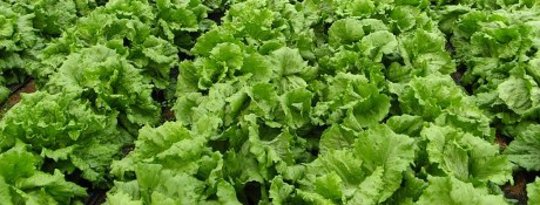
There is a kingdom where farmers grow everything organically. There are no chemical fertilizers, no pesticides, no herbicides, no fluoride-based products, and no GMO seeds.
Utopia, you say? Well yes, and no. This is the new policy of the tiny kingdom of Bhutan nestled in the Himalayan mountains. Their Prime Minister, Jigmi Thinley, explained why his country was taking this action:
“By working in harmony with nature, they [farmers] can help sustain the flow of nature’s bounties.”
In June 2012 he explained this policy at the IFOAM (International Federation of Organic Agriculture Movements) Sustainable Development Learning Event at UNCSD Rio+20. (Read his whole statement, here.)
I think one of the world’s biggest myths is that going organic is a choice. From the perspective of food security, there is no choice. Simple survival ? and what Lester Brown calls “civilization” ? demand it and require it. Food security is that basic...
What the world’s leaders would learn, if they were here with you today, is a message not of despair but of real hope: ? That humankind has the ability to feed everyone on earth healthily and sustainably. That no-one need go hungry or live in grinding poverty. That sustainable farming is fully viable economically just as it is an ecological imperative. That it will improve our health and enhance our quality of life. That we can live, and live well, in full harmony with nature.
He went on to say:
Indeed, what I find most encouraging in this moment of life?threatening planetary crisis is the powerful surge of activity from civil society movements around the world ? taking the lead where governments fear to tread, and giving courageous expression to humankind’s basic goodness and inherent wisdom. This energy will and must generate the political will to act.
Can This Happen Here?
The Prime Minister of Bhutan spoke of the need and importance for individuals and organizations "to take the lead; to persuade, push, and cajole governments to act; and above all to set an example [...] showing in actual practice what works, and demonstrating convincingly how to live life well in harmony with nature."
He gave the following example:
I cannot imagine, for example, Dr. Vandana Shiva's work carrying the extraordinary weight it does worldwide, for example, if not for her superb Bija Vidyapeeth organic training farm in Dehradun in India. That's where we have sent our own Bhutanese farmers and agriculture officials for hands-on training, and it's from there that top farmer trainers and soil scientists are regularly despatched to Bhutan to train our own farmers in organic methods. We have learned so much from them ? perhaps, most importantly, that going organic means very much more than just not using chemicals; that organic is a whole system of working intelligently and with deep understanding of nature. Our farmers are being convinced that by working in harmony with nature, they can help sustain the flow of nature’s bounties.
The government in Bhutan has been training every agriculture extension officer in the country in organic methods. They are also nurturing their forested land and expanding it to 80% of their territory, and, furthermore, 50% of the country is under full environmental protection in the form of national parks and wilderness areas.
The Prime Minister sent 12 policy recommendations to the leaders of the world's countries represented at the United Nations Conference on Sustainable Development in Rio in 2012. He recommended, among other things, that they stop subsidies for fossil fuels, as well as stop other activities harmful to the economy and environment. He also encouraged them to invest in educating farmers in organic methods and to support small-scale local production and consumption.
Measuring National Happiness
Bhutan measures the success and prosperity of their country not on GDP (Gross Domestic Product) but rather on GNH (Gross National Happiness) which measures the population's level of well-being.
The culture of Bhutan is based on Buddhism and its spiritual values and just as Bhuddism is based on four noble truths, the four pillars of GNH are the promotion of sustainable development, preservation and promotion of cultural values, conservation of the natural environment, and establishment of good governance.
The Centre for Bhutan Studies demonstrated how these four pillars contribute to eight general areas of happiness — physical, mental and spiritual health; time-balance; social and community vitality; cultural vitality; education; living standards; good governance; and ecological vitality.
The Prime Minister, in his statement at IFOAM, explained how going organic is supporting the GNH of Bhutan:
First, going organic will enrich and keep our soils healthy and fertile in perpetuity rather than degrading and depleting them through use of synthetic chemicals. Going organic will protect our precious ground water and surface water from pollution and fertilizer run-off. It will protect our biodiversity, and save our birds and animals from the deadly effects of chemical pollution.
Second, going organic will create new economic opportunities for farmers and rural communities both by adding value to what they produce and by reducing the costs of farming, since they’ll no longer have to pay for expensive imported seeds, pesticides, fertilizers, and other chemicals.
And going organic will provide significant economic opportunities for our country as a whole. The Indian demand for organic products will grow exponentially with little reason for it to become ever satiated. We want to establish Bhutan as a global training centre and laboratory for organic agriculture, and through this hopefully to provide a major spur to organic growing worldwide.
Third, going organic will strengthen the governance pillar of GNH. It will empower farmers by reducing their dependence on external inputs, and by creating local seed sovereignty and innovation that will only strengthen their independence and self-esteem. It will increase reliance on local wisdom, traditional farming methods, and freely available local materials like manure, biomass, and leaf compost that fertilize and enrich the soil.
In our national quest for self?reliance, I even see our farmers and business combining to develop our own organic fertilizers and pest control agents using natural materials based in the rich medicinal flora for which Bhutan is renowned. Scientists from Navdanya have just completed a careful analysis of Bhutan’s native flora and identified a range of locally available biological pest control agents in collaboration with our farmers.
And fourth, and perhaps, most importantly, going organic will strengthen our culture and rural communities. By creating good economic opportunities for our educated youth in rural areas, we can begin to stem the massive rural-urban migration that has created such serious demographic, economic, and social stresses everywhere. That in turn will keep our rural communities with their networks of social supports, vibrant extended families, and mutual dependence strong and vital. In short, I reiterate: Going organic is living GNH. Going organic is not only fulfilling an explicit promise of Bhutan’s first democratically elected government. It is also key to putting GNH fully into practice and action.
So How Do We Get From There to Here?
While Bhutan's leadership is enlightened enough to foster such wonderful practices, we in the "modern" world need to start the change from the ground up, literally. As the Prime Minister himself suggested, we need to start with example: growing and eating organic foods ourselves. This is definitely a case of putting your money where your mouth is. As we support organic farming with our shopping dollars, the practice of organic farming will increase.
When major grocery stores started carrying organic produce, they would end up throwing a lot of it out as it wasted before all of it was sold. However, the situation has now changed. Stores run out of organic produce now. When I went to the grocery store last weekend, they had run out of organic cauliflower, and I got the last package of organic broccoli. "Supply and demand" is perhaps less the case than "we demand and they supply".
If we demand organic foods and support our "talk" by buying organic products, then the supply will increase. When a retail outlet is "out of stock" of an item, they are losing money. So when we purchase organics, we increase the demand, and thus increase the supply. So again, we need to put our money where our mouth is.
Furthermore, the belief that organics is more expensive is, in the long run, incorrect. What you save in doctor's bills, weight loss pills, pain killers, hospital bills, prescriptions, and what you gain in taste, vitamins and general well-being, makes up for the higher financial cost.
What Else Can We Do to Increase our GNH?
We need to contact our elected officials, either individually or as part of organic or activist organizations, and pressure them to take steps to help heal our land and our people.
It has often been stated by government officials that it doesn't take many phone calls to make them "sit up and listen" and change their vote on an issue. They are aware that for every person that calls, there are several hundreds or thousands who feel the same way but do not call. And these callers are voters, and, as we well know, elected officials have a vested interest in being re-elected.
So when we take an action such as writing a letter or making a phone call to our elected representatives, we are not a "single individual" making our feelings heard; we are representing a whole group of people whether we know them or not.
Our governments are not yet as "enlightened" as the leaders of Bhutan. It is up to us to help enlighten them. The path we must tread to attain the goal that Bhutan has set for itself is to start with activism: taking actions that support our beliefs and our vision for a better life and a better world, not only for ourselves, but for our children and our children's children.
Recommended Book:
Sustainable Market Farming: Intensive Vegetable Production on a Few Acres
by Pam Dawling.
 Targeted at serious growers in every climate zone, Sustainable Market Farming is a comprehensive manual for small-scale farmers raising organic crops sustainably on a few acres. Whether you are a beginning market grower or an established enterprise seeking to improve your skills, this book is an invaluable resource for the maturing local agriculture movement.
Targeted at serious growers in every climate zone, Sustainable Market Farming is a comprehensive manual for small-scale farmers raising organic crops sustainably on a few acres. Whether you are a beginning market grower or an established enterprise seeking to improve your skills, this book is an invaluable resource for the maturing local agriculture movement.
Click here for more info and/or to order this book on Amazon.
About The Author
 Marie T. Russell is the founder of InnerSelf Magazine (founded 1985). She also produced and hosted a weekly South Florida radio broadcast, Inner Power, from 1992-1995 which focused on themes such as self-esteem, personal growth, and well-being. Her articles focus on transformation and reconnecting with our own inner source of joy and creativity.
Marie T. Russell is the founder of InnerSelf Magazine (founded 1985). She also produced and hosted a weekly South Florida radio broadcast, Inner Power, from 1992-1995 which focused on themes such as self-esteem, personal growth, and well-being. Her articles focus on transformation and reconnecting with our own inner source of joy and creativity.
Creative Commons 3.0: This article is licensed under a Creative Commons Attribution-Share Alike 4.0 License. Attribute the author: Marie T. Russell, InnerSelf.com. Link back to the article: This article originally appeared on InnerSelf.com























